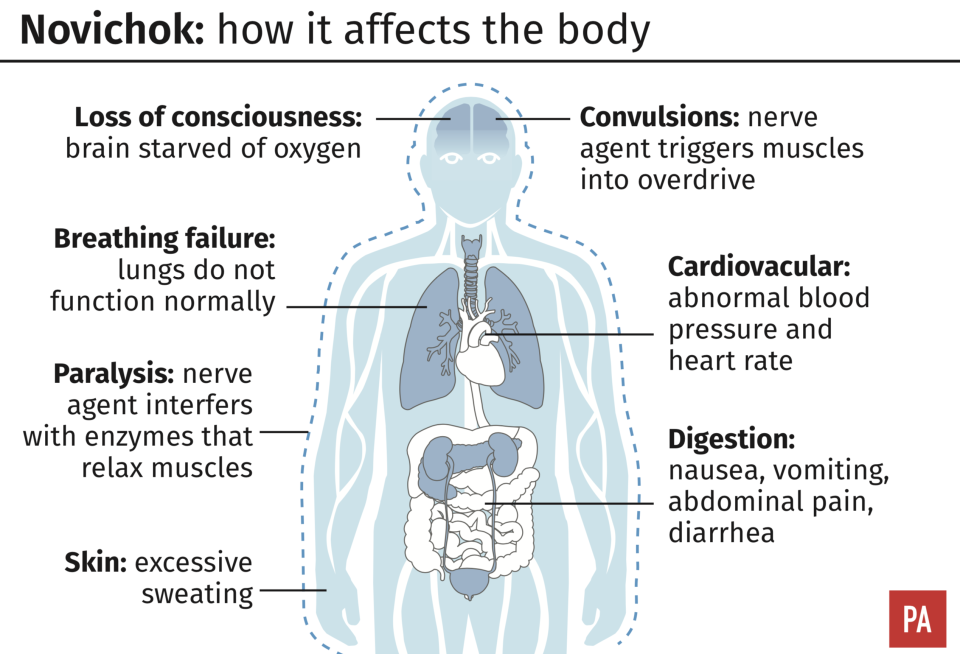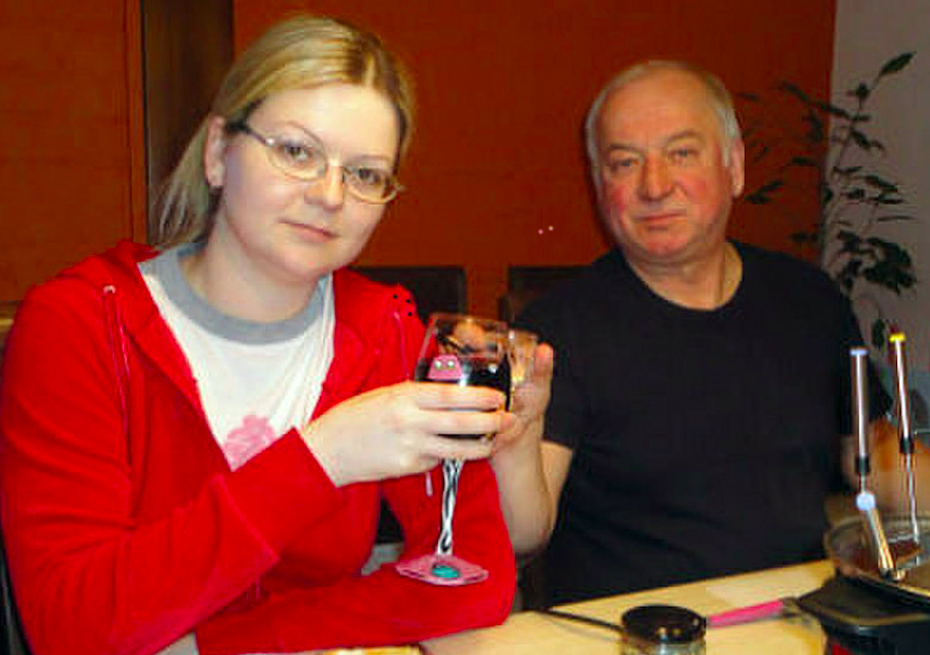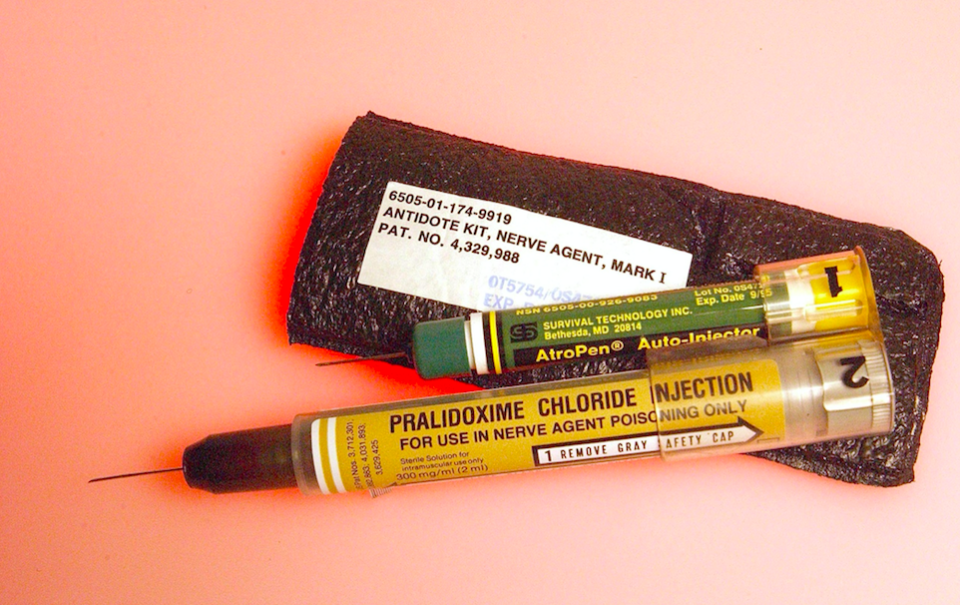Wiltshire poisoning: What is Novichok and how does it work?

The two people from Amesbury in a critical condition in hospital were exposed to the nerve agent Novichok, police have confirmed.
It is the same substance used in the attack and poisoning of former Russian spy Sergei Skripal and his daughter Yulia in March.
But what is the history behind Novichok – and what are its effects?

What is Novichok?
A group of nerve agents which are more potent and lethal than VX or sarin. They are made of two separate non-toxic substances that work as a nerve agent when brought together.
Dr Andrea Sella, professor of inorganic chemistry at University College London, said: ‘Novichok is not really very different from all the classics, you’ve got the same basic chemical framework at the heart of it.
‘I’m not sure it’s ever really been used. There’s not much experience of seeing these things, they would have recognised it was some sort of nerve agent, which is part of the reason for the delay [in identifying it].’

How long can it linger?
Dr Sella said it is ‘very disturbing’ that the agent has been found four months after the first attack, but Novichok is designed not to break down.
He said: ‘These things are designed to be persistent. They don’t evaporate, they don’t break up in water. The last four months have been dry so I suspect they can be there for quite a long time.’
If the substance was sealed, perhaps in a drinks bottle, then it could take even longer to break down, he added.
MORE: Cat left with serious burns after collar MELTS onto its neck during UK heatwave
MORE: Dangers of frozen sweetcorn highlighted as eight die in food poisoning outbreak
Why was it created?
Novichok, which means newcomer in Russian, was developed by the Soviet Union in the 1970s as a new kind of chemical weapon that would be harder to detect, more potent than existing nerve agents and exempt from the Chemical Weapons Treaty.
Dr Sella said: ‘Novichok agents are ones that were kept very quiet by the Russians and developed to try and gain advantage against the more conventional things they knew Western governments had.’

How does it work?
Novichok and other nerve agents attack the nervous system and stop chemical messages getting around the body. They cause the heart to slow down and airways to become constricted, leading to suffocation or brain damage.
Dr Sella said: ‘It must be excruciatingly painful and unbelievably violent. You have very painful muscle contractions, vision goes pretty quickly and what little you can see is blurred, then you can’t breathe.’

What are the symptoms?
Nerve agents, including Novichok, can be inhaled as a fine powder, absorbed through the skin or ingested. Symptoms can start within seconds or minutes of being exposed and include convulsions, paralysis, respiratory failure and death.

How can it be treated?
The treatment for nerve agents is to administer an antidote immediately, but some of the damage from the chemical and oxygen starvation can be irreparable. It is not known if there is an antidote available for Novichok.

 Yahoo News
Yahoo News 

